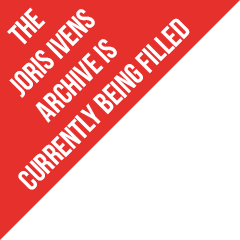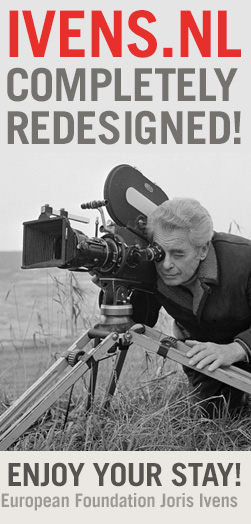

Name curator: Lucas Murari
Name artist: João Silvério Trevisan
Title of the work you have chosen: Contestação
English title: Rebellion
Year of production: 1969
Format: 16 mm
English subtitles are available in You Tube! Please click on the subtitle screen in the right corner.
About the curator
Name: Lucas Murari
Function: Researcher of Cinema / Curator of Risco Cinema
What is your main interest: Experimental Cinema
Where do you come from/ where do you live: Rio de Janeiro, Brazil
About the film and the filmmakers:
-What can you tell about this film?
Contestação (Rebellion, 1969), directed by João Silvério Trevisan, is a movie made clandestinely and in the counter-current of the Brazilian cinema of that period. It is a film of confrontation and resistance against all hegemonic powers. The authorship of the images is anonymous. The filmmaker explores the resignification of television archival materials. Trevisan tried to show his movie at the Leipzig Festival (East Germany) in 1969, but was not selected. Upon returning to Brazil, afraid of the military dictatorship that controlled the country (1964 - 1985), he delivered the copy to members of the Cuban delegation present at Leipzig. This copy of Contestação will be discovered only in 2014, in a kind of communist film archive in Paris. After that, Trevisan directed only one another movie: Orgia ou O Homem Que Deu Cria (Orgy or the man who gave birth, 1970), which wasn't shown due to military censorship.
-How does this film relate to the theme ‘politics and poetry’ in your opinion?
The end of the 1960s was an effervescent time when it comes to politics and poetry, not only in Brazil, but in the whole world. Contestação embodies that atmosphere and establishes a dialogues with some of the hallmarks of that time: anarchism, youth rebellion, political cinema, Godard's Maoist phase. The movie is made of different references to a wide range of ebullitions, presenting images of demonstrations, armed struggles, strikes, wars, military coups, cultural revolution, imperialism. Rather than focus on one nation, it exposes the plurality of the contending forces.
-Are politics and poetry (or politics and arts) two separate worlds according to you? Why / why not?
Politics and poetry are distinct, but complementary forces. Contestação presents a richness of looks and aesthetics. I selected a movie which, in my opinion, explores these two fields.
-There are a lot of political tensions and changes in the world right now. Do you (already) notice any changes in the focus and/or ideas and work of artists because of these developments? Do you have examples?
One of the differences between art/thought today is the pluralities of the subjects of enunciation. The digital age has led to revolutions in cinematic styles. The political tensions and the changes in the world all pass through the complexity of these strategies: self-representation, postcolonialism, multiculturalism etc. Some of the most interesting ways of this production are the disinformation films, the native/ indigenous cinema, the movies from the periphery.
-Besides the theme of ‘Politics and poetry’ are there any other comparisons between this artist and Ivens according to you?
The film Joris Ivens went through the entire twentieth century. His filmography consists of reflections on political, social and cultural transformations. He filmed in the Netherlands, Russia, China, Vietnam, Chile, United States, among other countries. Contestação is not restricted to his country. It presents the political vein scattered around several times and countries.
